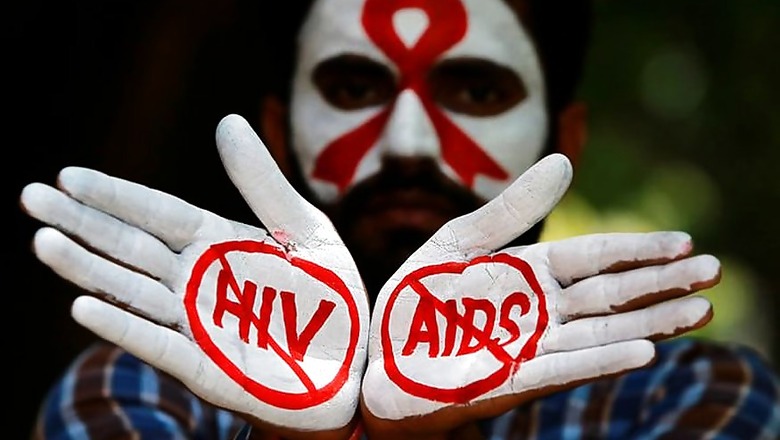
views
The World Health Organization (WHO) estimates that Human Immunodeficiency Virus or HIV has claimed more than 32 million lives since it was first discovered in 1981. HIV targets the immune system and weakens people's defense system to fight against various types of infections thus, making them prone to other illnesses. As the virus destroys and impairs the function of immune cells, individuals gradually become immune-deficient. The most advanced stage of HIV infection is acquired immunodeficiency syndrome or AIDS which takes two to five years to develop if not treated on time.
Even though researchers around the world are trying to find a cure to the debilitating disease round the clock and a number of organisations across the world are reaching out to people, educating them regarding the disease, it still, largely remains a topic of taboo. Even today, most victims are shunned, discriminated and looked down upon by society. According to the CDC, HIV stigma is rooted in a fear of HIV, with many of the ideas stemming from the HIV images that first appeared in the early 1980s. Unfortunately, there are still misconceptions about how HIV is transmitted and what it means to live with HIV today.
Here are a few myths surrounding HIV/ AIDS that one must be aware of:
HIV can only be transmitted through exchange of bodily fluids from infected people such as such as blood, breast milk, semen and vaginal secretions.
Furthermore, HIV is not spread by:
-- Air or water
-- Saliva, tears, or sweat of a person which is not mixed with the blood of an HIV positive patient
-- Shaking hands; hugging; sharing toilets; sharing dishes, silverware, or drinking glasses; or engaging in closed-mouth or “social” kissing a person with HIV
-- Drinking fountains
-- Other sexual activities like touching that don’t involve exchange of bodily fluids.
Individuals cannot become infected through sharing personal objects, food or water.
One cannot get HIV from someone who has an undetectable viral load.
Follow News18 Lifestyle for more




















Comments
0 comment